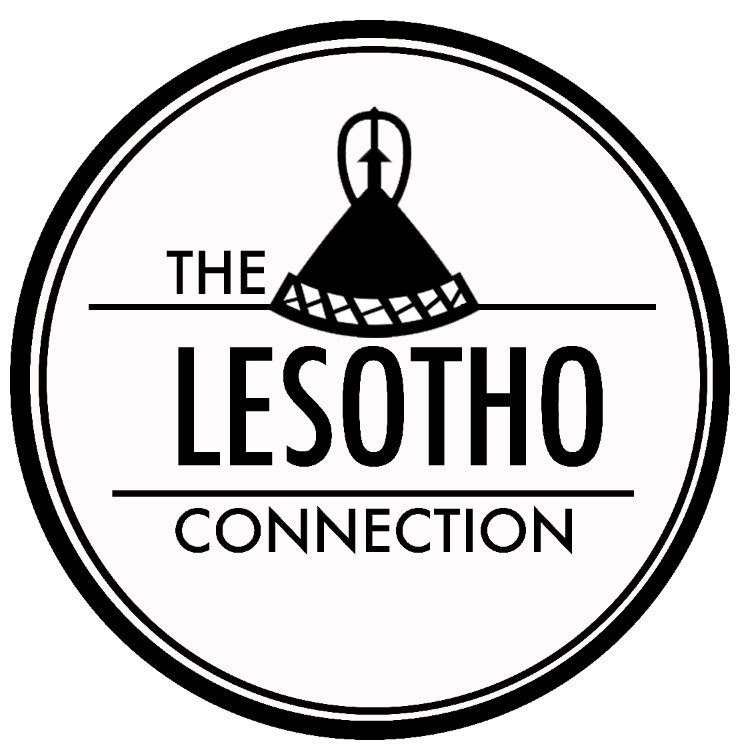About Lesotho
Lesotho (li-soo-too) is a small, mountainous country (12,727 square miles) completely enclosed by South Africa. The major ethnic group in Lesotho are the Basotho (the people of Lesotho), making up 99.7% of the population of 2 million people. Lesotho is one of three remaining monarchies in Africa.
One of the largest problems facing Lesotho today is HIV/AIDS. Lesotho has one of the highest HIV/AIDS ratio in the world, around 23.6%. In cities, the rate is even higher at 50% for women under 40. The life expectancy in Lesotho is 42 years. 40% of the population lives under the international poverty line of $1.25/day.
Lesotho is the only country in the world that lies completely above 1,000 meters in elevation. The lowest part of Lesotho is 1,400 meters above sea level. Lesotho summers are characterized by thunderstorms in which most of the annual rainfall occurs. An average summer temperature is 86 degrees fahrenheit and winters will hover around the freezing mark.
Traditional Basotho attire is centered around the Basotho blanket, a brightly colored wool blanket. It is very common to see men, women, and children wearing a blanket during all times of the year.
Lesotho gained independence from Britain in 1966 after a long road to statehood beginning in 1822 with King Moshoeshoe I. Many wars and conflicts in Lesotho were the result of the Dutch-British conflict.
The economy of Lesotho is hand-in-hand with that of South Africa. Main industries include agriculture (2/3 of economic activity), livestock, manufacturing, and mining.
Linda, our board member, speaks about her experiences with the Basotho people:
The people of Lesotho are warm and welcoming. They have an intense interest in keeping their traditions and unique culture alive and part of their everyday life. They know development brings both good and bad to their Mountain Kingdom and many of them are reluctant to embrace the ways of the world. Traveling in the rural parts of Lesotho is a step back in time. People are busy with their animals and fields. Because surviving is, for the most part, wholly dependent on what they grow, agriculture is the most important element to most Basotho people. Everywhere in the country you will find approachable, peace-loving people.

